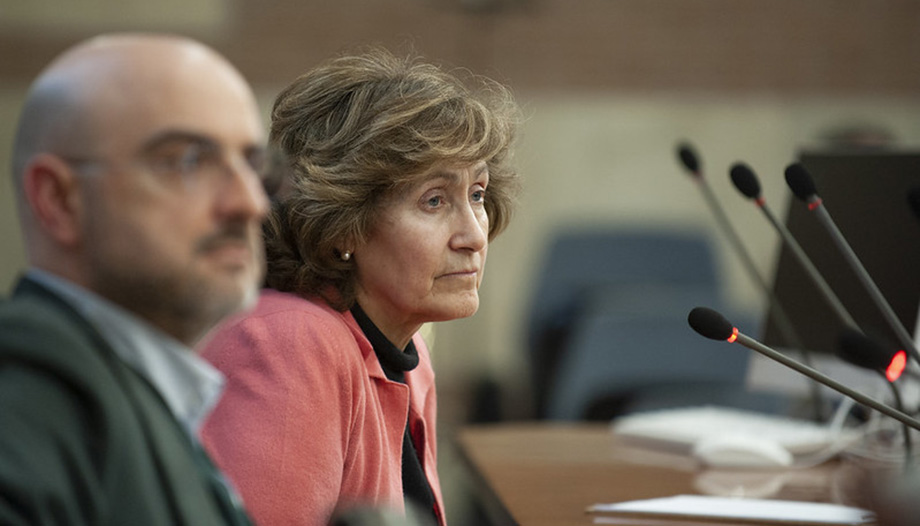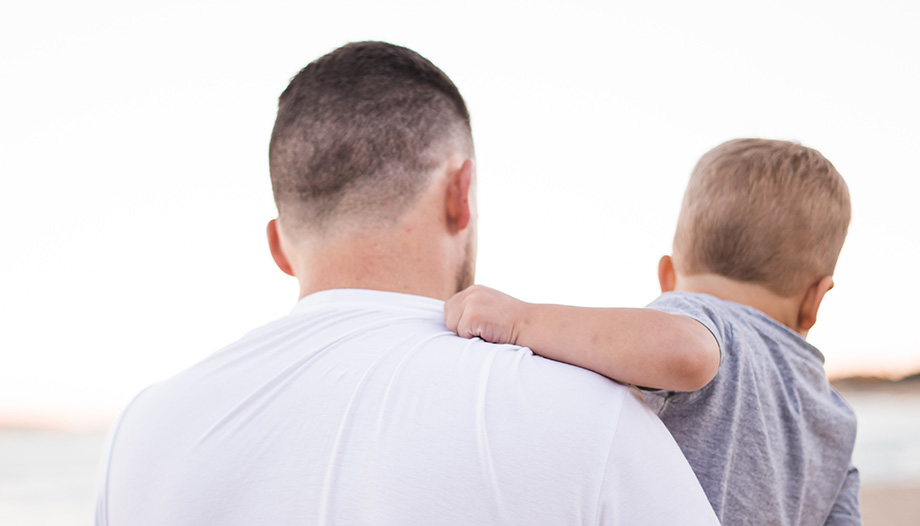The concreteness of the relationship of love between a parent and a child demands a constant education of the mind and heart. Parenthood is realized day after day through the choices made both in normal situations and in the imperfection of everyday relationships. These are some of the reflections that the Italian child neuropsychiatrist and psychotherapist Mariolina Ceriotti Migliarese has collected in her recent book Parents and children. The paths of parenthood.
Omnes had the opportunity to ask him some questions about these issues, which were also addressed in a public meeting at the Pontifical University of the Holy Cross.
What does it mean to be a parent today?
-First of all, we must start from the premise that being a parent does not coincide with the physical begetting of children; it is an adult position, which is not improvised, but prepared step by step. On the other hand, in the life cycle of each person, different phases succeed one another and intertwine, forming a sort of path, marked by evolutionary stages, each of which has a specific task, which is possible once the previous task has been achieved.
In this sense, are we talking about a sort of generativity?
-Exactly. The psychoanalyst Erik Erikson, for example, affirms that adulthood has as its specific evolutionary task precisely the development of the generativity. In this sense, he affirms that "the person who has true adult competence is the one who is able to generate".
This is also linked to concepts such as procreation, productivity and creativity: generating new individuals, new products and new ideas and developing the capacity to generate them again, growing over time.
It is not only about putting new things into the world, but also about being able to take care of them, to shift the center of personal gravity from the exclusive care of oneself to the care (and dedication) of what one has generated.
Do you have to have "competencies" to be generative?
-Certain competencies are certainly needed, which are possible as long as the previous developmental tasks, which begin in childhood and adolescence, are integrated into the personality.
Today, not only does this "task" seem to have become particularly difficult, but the very subject of identity as a positive objective has been called into question. In fact, the question arises as to whether there is really any value in defining oneself in a stable way or whether it is not rather the so-called "fluidity", the non-definition...
On the other hand, the generativity is that adult competence that gives us the possibility and the ability to go beyond the narcissistic (even legitimate) love for oneself, to open the heart, mind and life to what transcends the self, starting with children, but not only.
How is this capability realized in the case of the male?
-This capacity, which is a procreative and creative capacity, is possible in both men and women, who develop it, however, in different ways. We can say that paternal is the masculine form of being generative, that is, capable of taking care of what is generated, according to a specifically masculine modality.
I would add that the generative experience (properly understood) is, as such, an experience of profound well-being, because it is opposed to the experience of "stagnation".
Donald Winnicott, pediatrician and psychoanalyst, affirmed that the way for man to feel happy is through his capacity to develop creativity.
Can you tell us more about the meaning of parenthood?
-Parenthood, as a generative act, implies having the courage to give life to another human being and to assume the responsibility of caring for him or her.
Unlike maternity, the bond with the child is not primarily biological: if the mother is named as such by the child (the mother is a mother from the very moment a child is born in her), the father becomes a father when he accepts to recognize himself as such.
The father always becomes father through the woman, and his relationship with the child is thus born under the sign of triangulation. His position is different, perhaps we can say "freer"; it entails a different relational distance (not under the banner of symbiosis).
This triangulated position from the beginning is the specificity of the father, and entails a different way of establishing the bond. A way that is no less intense, no less important, no less necessary; a way that is complementary to that of the mother.
What, in your opinion, characterizes a "good relationship" between father and son?
-For a believer, it is a matter of understanding how to be a father in the Father's way. If we look at the Gospels, several passages significantly show us the characteristics of a "good" relationship between father and son.
Often there is a "recognition" of the Son (think, for example, of the stories of the Baptism of Jesus); even human paternity always begins with a recognition; it is a choice that requires awareness and responsibility.
Then there is "complacency", which underlines something beautiful and valuable; it is no coincidence that what a son needs in relation to his father is the exchange of esteem (to be esteemed by the one whom we esteem).
There is also the "sending", which is the son's own vocation, who longs for a father who cares about his freedom, who encourages him to understand where his true desire is going. And again, time to spend together, to play, to share activities, to exchange confidences?

So, what does a son ask of his father?
-He surely asks him to recognize him as a son, to make him feel that his father appreciates his worth. He asks him to teach him the value of things, the way of the good; to support him in the search for his own vocation; to give him confidence and time, even to do things together; to be curious without prejudice about his own progress, and to show him tenderness, certainly in the way of fathers, which is different from that of mothers. Help him not to be afraid of limits, of pain, of death, and to be patient, knowing that if the father is there, the child will never feel alone.








